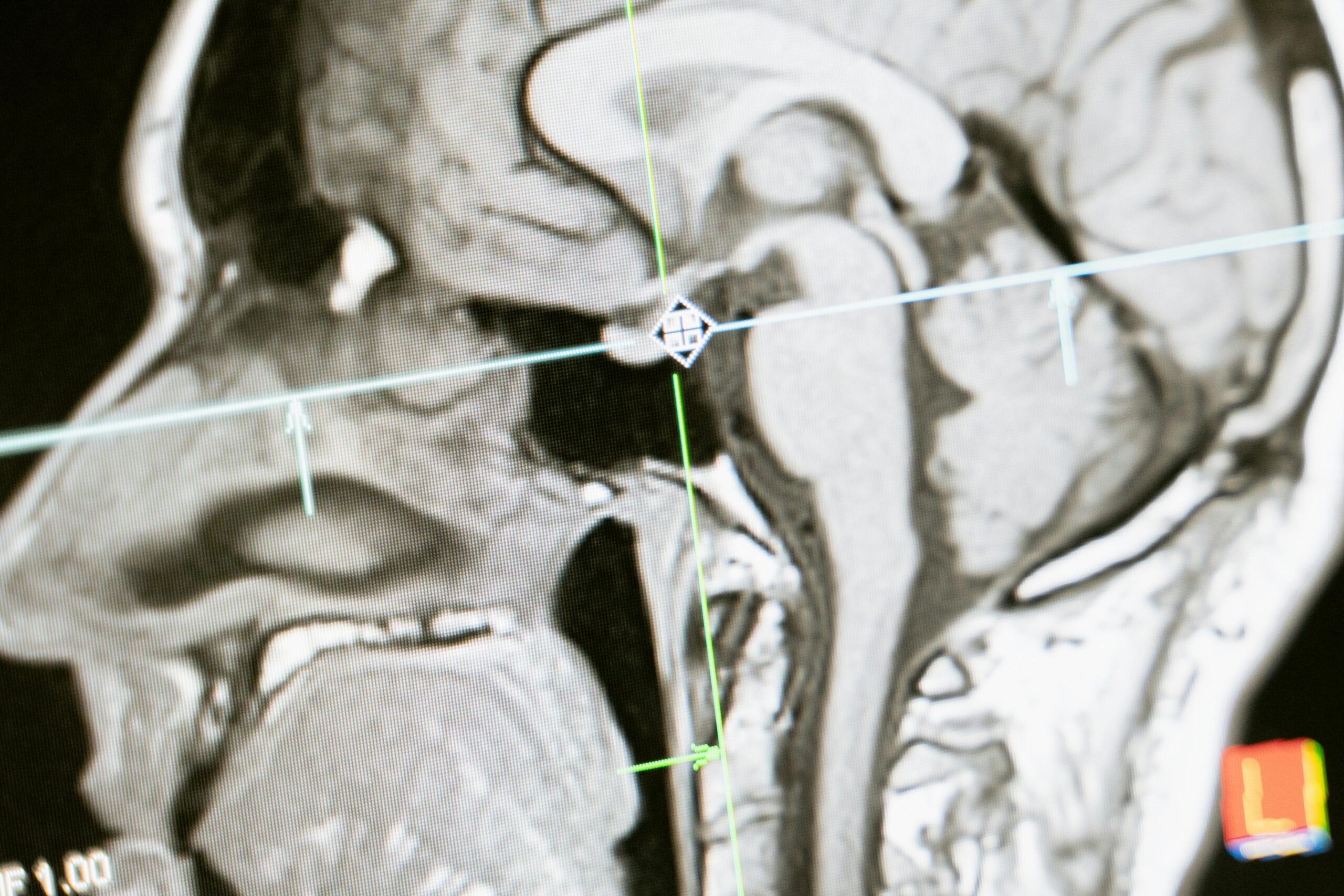Category: Challenges & Planning
-

Oncolytic Virus Therapy: Using Viruses to Target Cancer Cells
What is Oncolytic Virus Therapy? Oncolytic virus therapy is an innovative cancer treatment that uses genetically modified viruses to selectively infect and destroy cancer cells while sparing healthy tissue. These viruses are engineered to multiply within tumors, forcing cancer cells to rupture (lyse) and release antigens unique to the tumor. In addition to directly killing…
-

From Frying to Fresh: How Cooking Methods Can Impact Cancer Risk (And What to Do Instead)
We all love the sizzle of a grill or the crispy crunch of fried dishes, but did you know that high-heat cooking methods can create dangerous compounds from seemingly harmless food? These compounds can, in turn, increase your risk of cancer. The good news? Small modifications in how you cook can drastically minimize risks while…
-

Homeopathy in Cancer Treatment – Controversies and Potential
Homeopathy is a holistic system of medicine founded in the late 18th century by Samuel Hahnemann. The system is based on the idea of “like cures like,” it stimulates the body’s self-healing processes by using very diluted natural chemicals. The preparation of homeopathic remedies involves succussion, or forceful shaking, and serial dilution, which is thought…
-

The Gut-Brain Axis: How Your Gut Influences Your Mind
Before a significant presentation, have you ever experienced “butterflies” in your stomach? Have you ever suffered from gastrointestinal distress when under stress? These feelings draw attention to the gut-brain axis, the intriguing relationship between your gut and brain. The hypothalamic-pituitary-adrenal (HPA) axis, enteric nervous system (ENS), autonomic nervous system (ANS), and central nervous system (CNS)…
-

Gentle Ways to Manage Cancer-Related Fatigue: From Restorative Yoga to Herbal Support
Cancer-related fatigue (CRF) is not just ordinary tiredness—it’s a persistent, overwhelming exhaustion that doesn’t improve with rest. In contrast to ordinary fatigue, CRF can be brought on by anemia, stress, inflammation, or cancer therapies, making daily tasks feel draining. Thankfully, mild, all-encompassing methods can help control chronic weariness and enhance quality of life. Understanding Cancer-Related…
-

Financial Toxicity in Indian Cancer Care: When the Cost of Survival is a Lifetime of Debt
Cancer is not just a health crisis—it’s a financial disaster for many Indian families. While fighting the disease, patients and their loved ones often face crushing medical bills, pushing them into lifelong debt. This is called “financial toxicity”—when the cost of treatment harms a family’s economic stability. The Crushing Weight of Out-of-Pocket Expenses Cancer treatment…
-

Managing Chemo Brain: Coping with Cognitive Fog During and After Treatment
Cancer-related cognitive impairment (CRCI), sometimes known as “chemo brain,” describes the memory loss, concentration issues, and slower thinking that many cancer patients encounter both during and after treatment. While chemotherapy is a common culprit, other factors like stress, fatigue, hormonal changes, and the cancer itself can contribute. Common Symptoms and Causes In addition to having…
-

Insurance and Cancer in India: Are You Really Covered?
Cancer treatment in India can cost anywhere between ₹5 lakhs to ₹50 lakhs, depending on the stage and type of cancer. While many assume their health insurance will cover these expenses, the reality is often different. Hidden exclusions, policy limitations, and insufficient coverage leave patients struggling with massive out-of-pocket expenses. It is helpful to understand…
-

Cancer and Dairy Products: Is Milk Safe?
Milk is often called a “complete food” because it contains essential nutrients like calcium, protein and vitamin-D. However, modern milk is not as pure as it used to be; it often contains additives, chemicals, and hormones that are bad for our health. Dairy consumption may be connected to several types of cancer, according to research,…
-

Language Literacy and Cancer: How Communication Gaps Affect Treatment in India
In India, With more than 22,000 languages and dialects spoken in India, effective communication in the medical field is still quite difficult. Language and health literacy challenges can cause uncertainty, poor decision-making, and even treatment discontinuation for cancer patients, especially at public hospitals with low resources. Studies show that nearly 40% of medical errors in…
